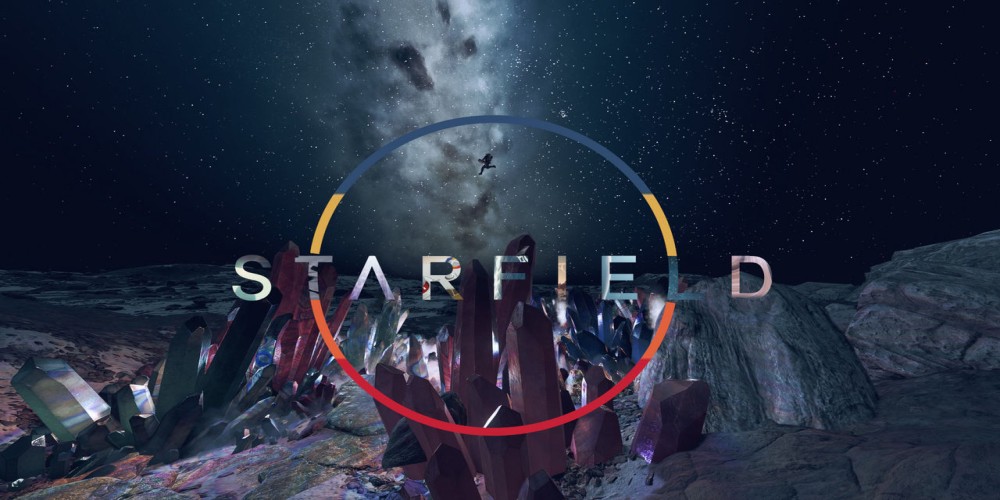Exploring the Cosmos and Climactic Closure: Dissecting Starfield's Controversial Finale
Mar-22-2024

In the ever-expanding universe of gaming narratives, the conclusion of a story is pivotal to sealing its legacy. Bethesda's "Starfield" promised a universe teeming with life, adventure, and over a thousand planets to explore. Critics initially lavished the game with praise, citing its ambitious scale and innovative design. Yet, when the hype waned, a swath of players expressed concerns over the less-than-stellar engagement levels on these interstellar fronts, with a special emphasis on the game's anticlimactic ending. The game's lead quest designer's recent commentary sheds light on just why the finale may have failed to launch to player expectations.
Before probing into the denouement's shortcomings, it's essential to understand what "Starfield" aspired to achieve. It set out to galvanize gamers with its sheer scope – an entire galaxy at one's fingertips was not an adventure to be taken lightly. As players carved their paths across the cosmic sprawl, the realization of sparsely populated worlds began to dim the initial excitement. This unexpected emptiness led to a growing dissonance between expectation and reality, with gamers voicing that there was less "to do" than they were led to believe. The question thus arose: why did a game with such monumental promise seem to sputter out just at its climax?
The answer came from none other than Will Shen, the lead quest designer for "Starfield," who parted ways with Bethesda before shedding light on the development challenges at a major industry event. The game's final mission, a component critical to tying the sprawling narrative into a cohesive and satisfying conclusion, was apparently born out of a sense of urgency and the specter of dwindling temporal resources. Shen candidly admitted that the development team resorted to a hasty formulation of the endgame content, recognizing that they had overlooked the creation of an expansive, conclusive locale that was required to deliver an action-packed narrative crescendo.
The revelations from Shen not only humanize the process of game development but also clarify the dichotomy between player expectations and the reality of game production. "Starfield," for all its ambitious infrastructure, encountered stumbling blocks that even interstellar endeavor could not outpace – the constraints of time and resource allocation. Struggling to deliver on the engrossing extravaganza it had marketed, the title reminds us that sometimes, in the gaming cosmos, as in life, the voyager's hope can exceed the scope of the journey's end. "Starfield" continues to orbit the discussions of game enthusiasts, lessons learned, and future titles, surely gleaning insights from this high-profile culmination conundrum.







